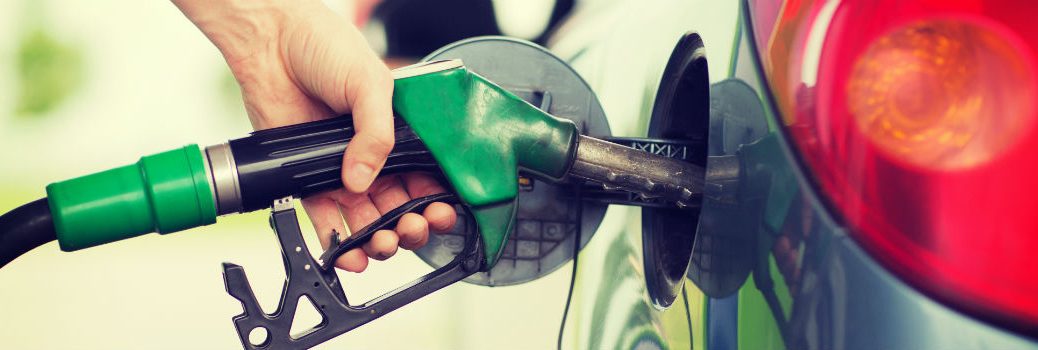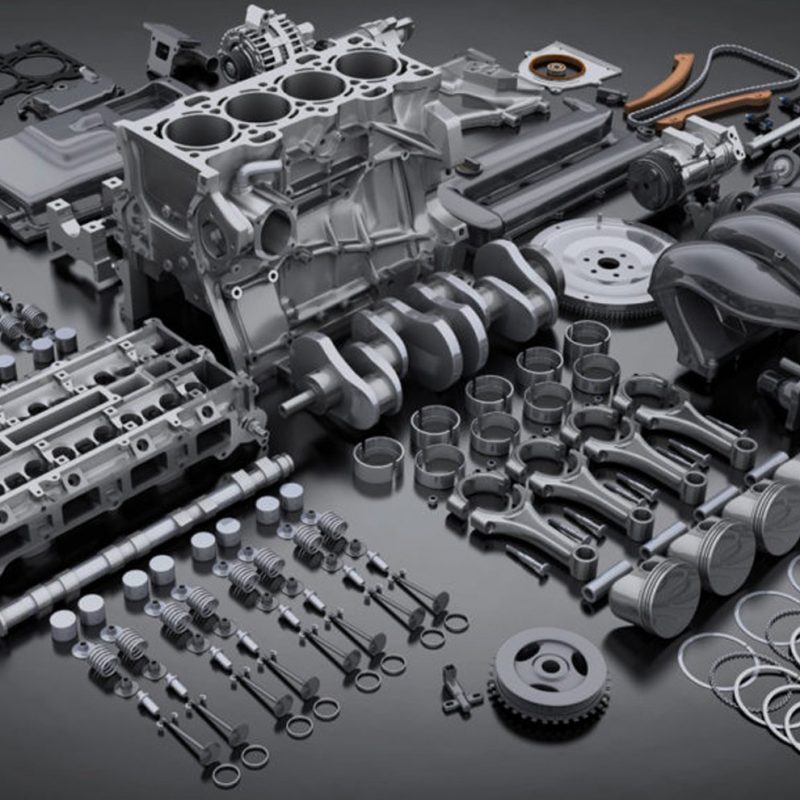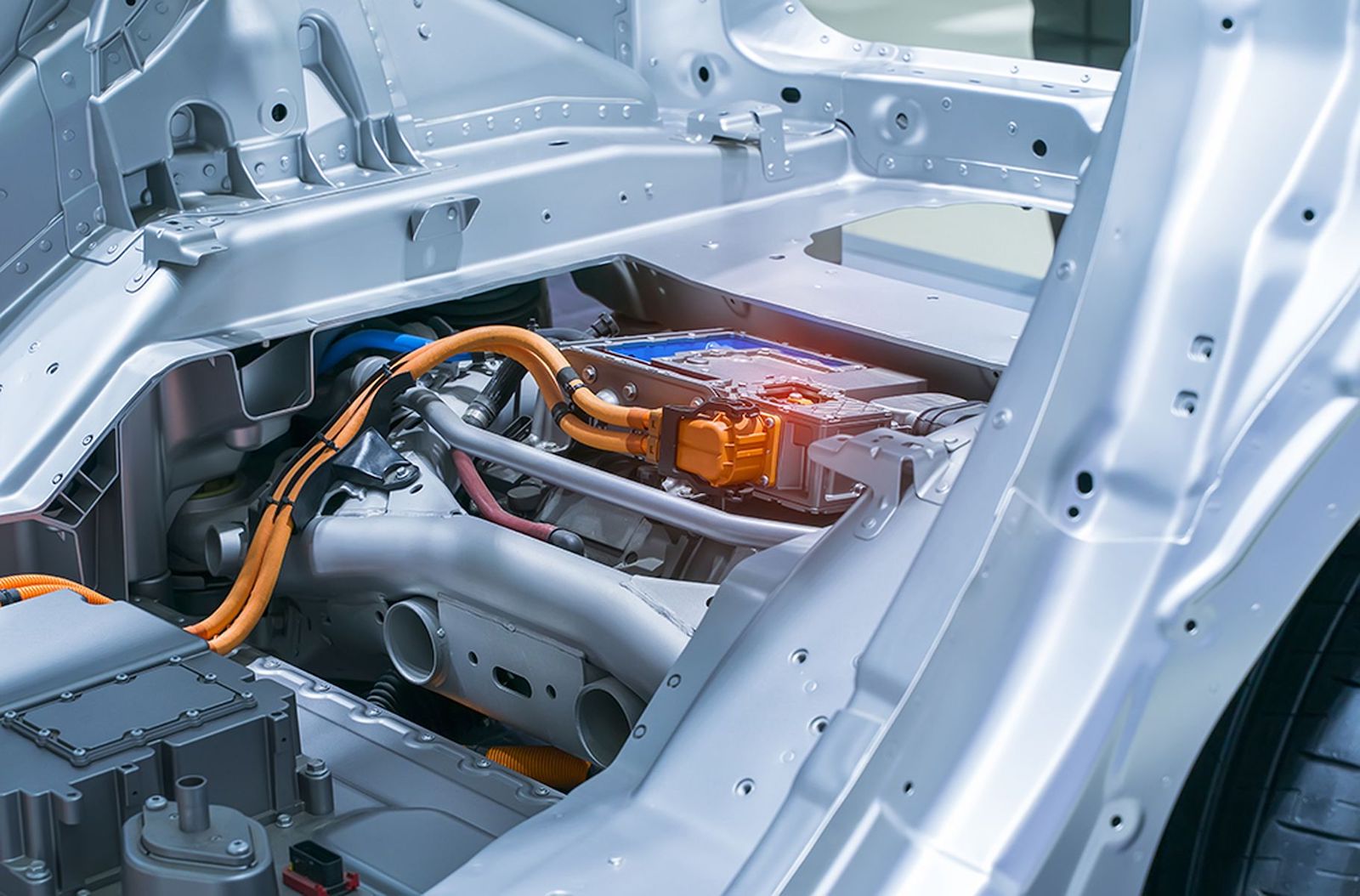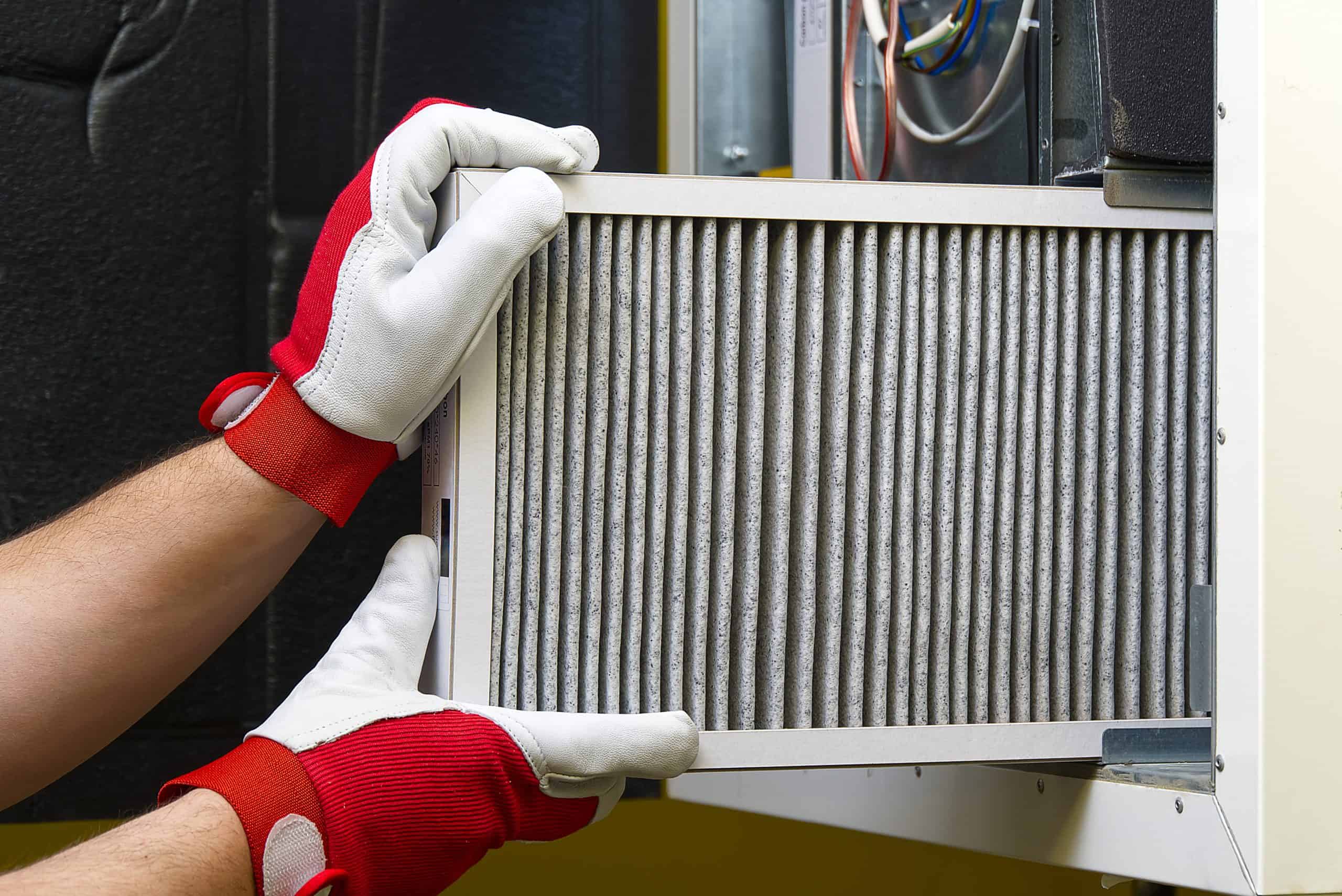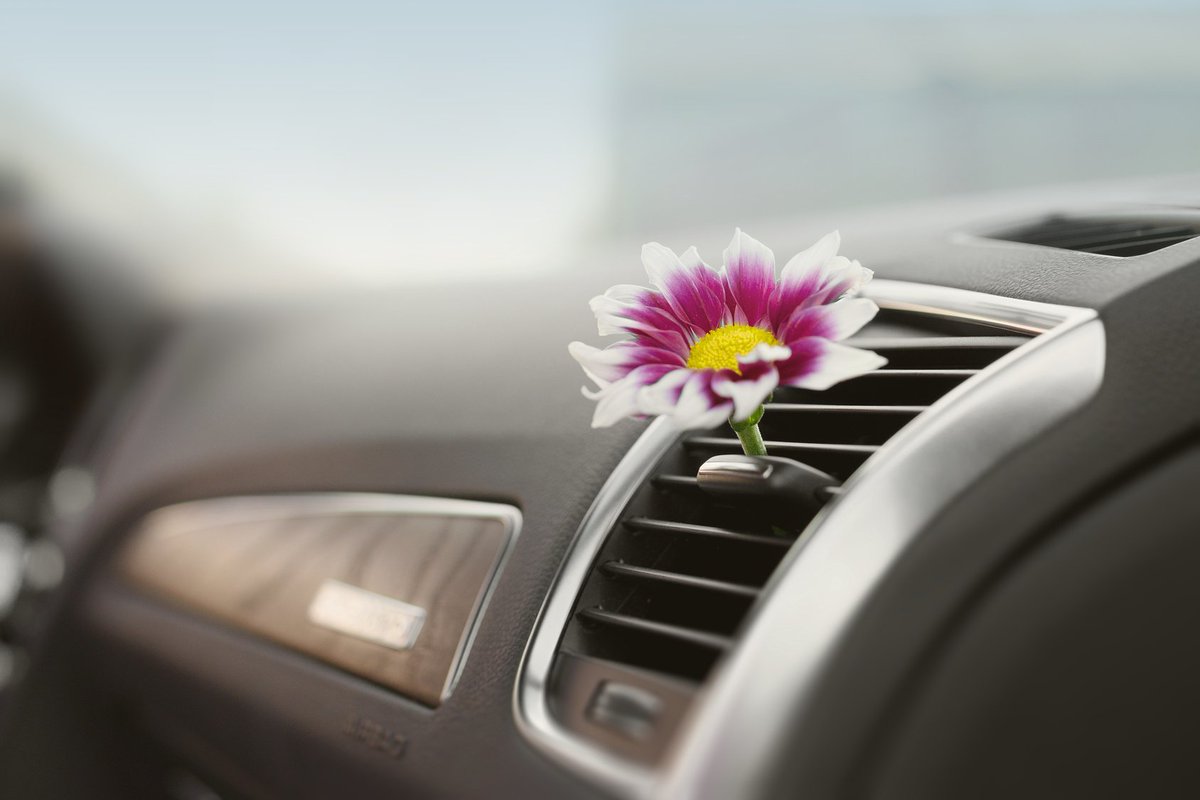The Role of the Engine Air Filter in Fuel Efficiency
The Role of the Engine Air Filter in Fuel Efficiency
Fuel efficiency is a crucial aspect of vehicle ownership. Not only does it save money on gas, it also helps to reduce emissions and protect the environment. One often overlooked aspect of fuel efficiency is the engine air filter. The engine air filter plays a vital role in ensuring that your vehicle is running at its best and consuming fuel in the most efficient manner possible. In this article, we will explore the function of the engine air filter, the impact of a dirty air filter on fuel efficiency, and tips on how to maintain your engine air filter to ensure optimal fuel efficiency.
How the Engine Air Filter Works
The engine air filter is a crucial component in a vehicle’s air intake system. Its main function is to filter out dust, dirt, and other contaminants from the air that is entering the engine. This helps to protect the engine from damage and ensures that it is running at its best.
There are two main types of air filters: paper and reusable. Paper air filters are the most common type found in vehicles and are relatively inexpensive. They are designed to be disposable and replaced when they become dirty. Reusable air filters, also known as washable air filters, are made of a durable material such as cotton and can be cleaned and reused multiple times.
The type of air filter used in a vehicle can have an effect on fuel efficiency. A dirty paper air filter can significantly reduce airflow to the engine, leading to a decrease in fuel efficiency. A reusable air filter, on the other hand, if maintained properly, can help improve fuel efficiency by allowing for optimal airflow to the engine.
Additionally, there are aftermarket air filters which are designed to increase airflow to the engine. These filters can be useful for performance vehicles, but it’s important to be aware that some aftermarket air filters can also reduce fuel efficiency.
Overall, it’s important to consider the type of air filter you’re using and how well you are maintaining it to ensure optimal fuel efficiency.
The Impact of a Dirty Air Filter on Fuel Efficiency
A dirty air filter can have a significant impact on a vehicle’s fuel efficiency. When an air filter becomes clogged with dirt, dust, and other contaminants, it restricts the airflow to the engine. This can cause the engine to work harder and consume more fuel in order to maintain its performance.
Symptoms of a dirty air filter include a decrease in acceleration, a decrease in fuel efficiency, and in some cases, a check engine light may appear on the dashboard.
A dirty air filter can also cause other problems such as reduced engine power, increased emissions, and increased engine wear. These issues can lead to costly repairs and further decrease the fuel efficiency of the vehicle.
It’s important to regularly check the air filter and replace it if it appears dirty. An easy way to check is to hold the filter up to a bright light and if you can’t see light coming through it, it’s time for a replacement.
It’s also important to note that if you drive in dirty or dusty conditions, or frequently drive on gravel roads, you may need to replace the air filter more frequently than the recommended intervals.
Overall, a dirty air filter can have a significant impact on a vehicle’s fuel efficiency. By regularly checking and replacing the air filter, you can ensure that your vehicle is running at its best and consuming fuel in the most efficient manner possible.
How to Maintain Your Engine Air Filter
Regular maintenance of the engine air filter is essential to ensure optimal fuel efficiency and the longevity of your vehicle’s engine. Neglecting to maintain the air filter can lead to decreased performance and increased fuel consumption.
Here are some tips on how to properly maintain your engine air filter:
-Follow the manufacturer’s recommended replacement schedule. Most vehicle manufacturers recommend replacing the air filter every 15,000 to 30,000 miles, depending on the make and model. Check your vehicle’s owner manual for the recommended interval.
-Check the air filter regularly. Even if it’s not time for a replacement, it’s a good idea to check the air filter periodically, especially if you drive in dirty or dusty conditions.
-Use the correct type of air filter. Make sure to use the correct type of air filter for your vehicle. Consult your vehicle’s owner manual or a mechanic for guidance.
-Clean reusable air filters properly. If you have a reusable air filter, make sure to clean it according to the manufacturer’s instructions. This typically involves using a cleaning solution and air drying the filter before reinstalling it.
-Avoid aftermarket air filters that claim to increase airflow. Some aftermarket air filters are designed to increase airflow to the engine, but they can also reduce fuel efficiency.
By following these tips, you can ensure that your engine air filter is properly maintained and your vehicle is running at its best, consuming fuel in the most efficient manner possible. Remember that regular maintenance of the engine air filter is an important step in keeping your vehicle in top condition, and can save you money on gas in the long run.
The power of engine air filter
In conclusion, the engine air filter plays a crucial role in ensuring that your vehicle is running at its best and consuming fuel in the most efficient manner possible. A dirty air filter can restrict airflow to the engine and decrease fuel efficiency, leading to costly repairs and increased emissions.
Regular maintenance of the engine air filter is essential to ensure optimal fuel efficiency and the longevity of your vehicle’s engine. This includes following the manufacturer’s recommended replacement schedule, regularly checking the air filter, using the correct type of air filter and avoid aftermarket air filters that claim to increase airflow.
We have discussed the function of the engine air filter, the impact of a dirty air filter on fuel efficiency, and tips on how to maintain your engine air filter to ensure optimal fuel efficiency.
It’s important to take action and regularly check and maintain your engine air filter, not only to save money on gas but also to protect the environment and ensure your vehicle is running at its best. We encourage you to refer to your vehicle’s owner manual for specific guidelines and intervals for maintaining your engine air filter.


